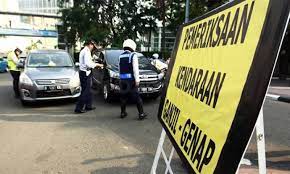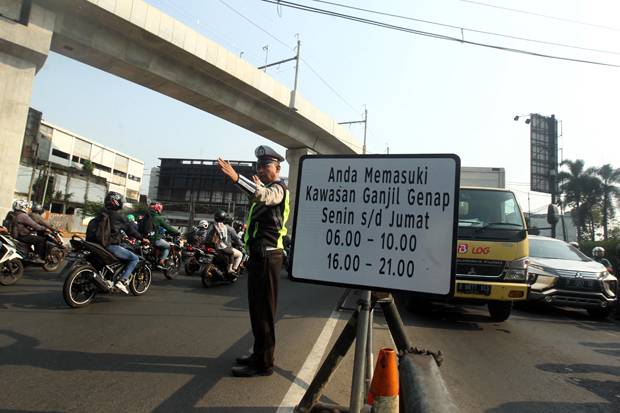National Police Chief General Listyo Sigit Prabowo revealed the discourse on implementing odd-even for private motorbikes. The aim is to reduce emissions currently contributed by motorized vehicles.
As is the current rule, in the future only electric motorbikes will be free from odd-even conditions. This is expected to increase the trend of using battery-based electric vehicles.
As is known, this rule is quite effective when applied to four-wheeled vehicles, where the use of electric cars is increasing. Therefore, this method is considered effective in reducing the circulation of conventional motorbikes.
“Odd-even does not apply to those using electric motorbikes or electric cars, now motorbikes are still free from odd-even. “But, one day, please think about it, because 67 percent of motor vehicle emissions cause pollution,” said Sigit at the 68th Bhayangkara Traffic Day Celebration event broadcast on YouTube NTMC Polri.
In fact, the DKI Jakarta Provincial Government had discussed the idea of implementing odd-even for motorbikes in 2020. However, until now this policy has not been implemented due to the large number of two-wheeled vehicles in circulation.
There are also negative potentials from this regulation, such as increasing the number of motorbikes to circumvent this policy, and even falsifying number plates. For this reason, in-depth study is still needed before actually implementing these regulations.
Chairman of the Advocacy and Community Division of the Indonesian Transportation Society (MTI) Djoko Setijowarno said this step was not appropriate. According to him, the government should improve the quality and expand the public transportation fleet.
Apart from that, the IDR 7 million subsidy policy is also considered not to be a suitable solution for reducing emissions from motorized vehicles. In fact, this will increase the number of private vehicles, thereby increasing the burden on roads in big cities.
“Replacing public transportation with electric vehicles can reduce emissions, reduce traffic jams, reduce accident rates, and reduce inflation rates in the region. “This budget can be used to improve urban transportation in 20 cities,” said Djoko in an official statement.
Djoko emphasized that this program is very prone to abuse, considering its enormous value. For this reason, he wants all authorities to supervise since this program started so that nothing that harms society does not happen.
“This program is prone to abuse. Therefore, the Corruption Eradication Commission (KPK) must monitor it from the start. Subsidies or incentives are given to poor people. “The people who can buy motorbikes are the group of people who can afford it,” he said.





